It is slowly becoming more less and less of a given that you need to pack your Windows 10 PC with all manner of antivirus software, firewalls and other security software to keep it safe from malware and other threats. Here’s how Good Is Windows Defender in 2020?
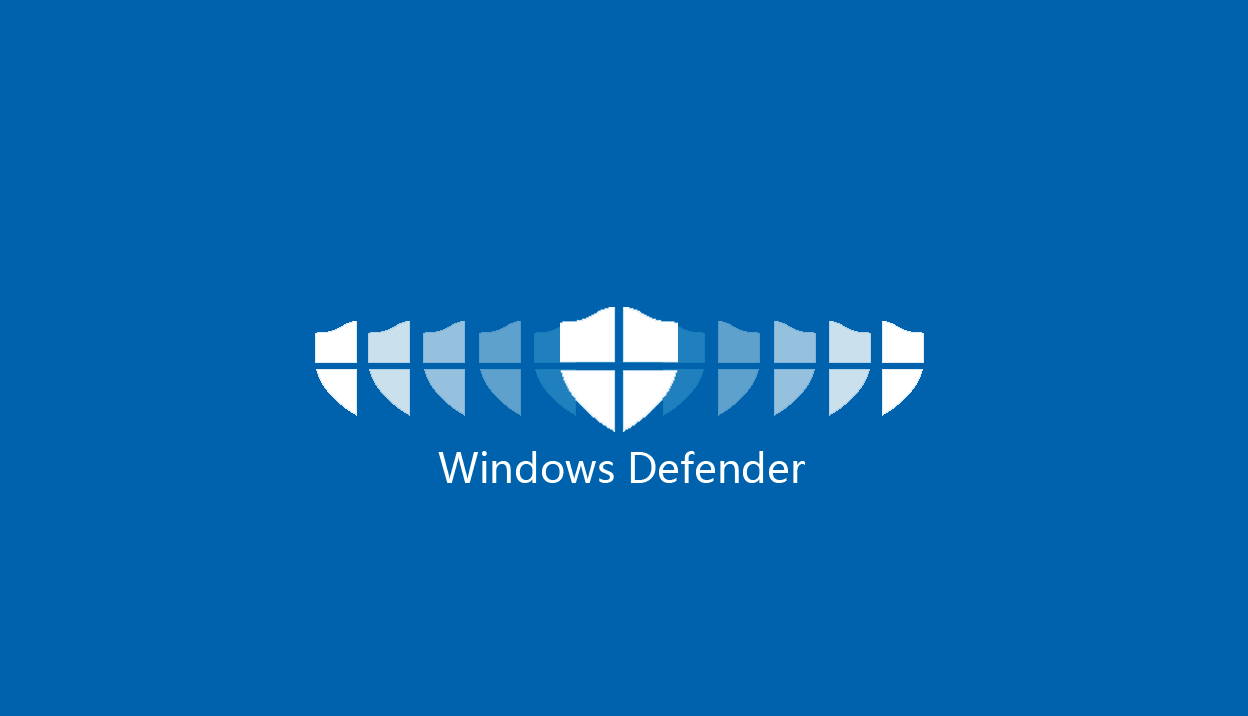
Most of the people nowadays just stick with Microsoft’s integrated security package, Windows Defender, however, does it do a comparable job to third-party software? Is it good enough in 2020?
In order to test this, we’ve gathered data from a few of the most rigorous antivirus testing sites to see how Windows Defender compares to the most popular third-party antivirus software.
How Does Windows Defender Compare?
Now talking about Windows Defender in isolation won’t get us anywhere. What we need to know is how it stacks up against the biggest antivirus programs that you’ve probably downloaded or even paid for over the years – the McAfees, AVGs and Bitdefender’s of the world.
Thankfully, there are many sites which dedicates to comparing antivirus software on a monthly basis. These tests are entirely based on the earliest results available in 2020, which date back to December 2019.
AV-Test
AV-Test basically helps users make educated decisions about what antivirus they should use. This test ranks each antivirus on three factors using a scale from 0 to 6, where 6 is the best. They test for three elements – protection, performance, and usability.
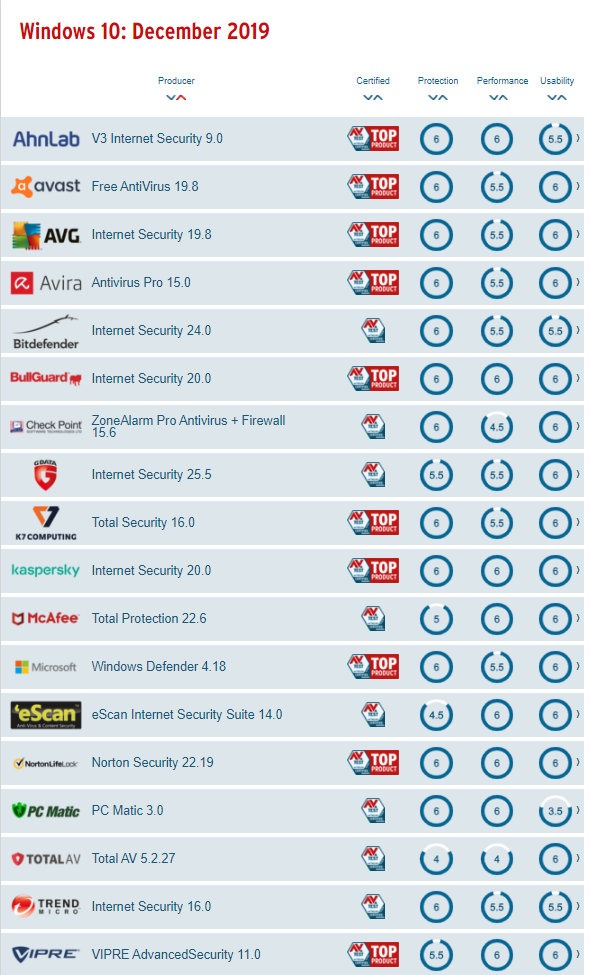
Back in December 2018, Windows Defender scored 6 for security and 5.5 for performance and usability. Then in December 2019, Windows Defender maintained its perfect security score, while bumping up its usability to full marks too.
That is a marked improvement, especially as out of the 18 AV apps tested, only three of them – Norton Security, Kaspersky, BullGuard – got full marks across the board.
In reality, according to AV-Test, Windows Defender currently offers 100-per cent protection against zero-day malware attacks. It is basically improved by cutting down on false flags, confusing only two bits of legitimate software for malware.
For more perspective, the industry average is three, and this time last year Windows Defender detected seven.
There wasn’t even a huge amount of room for improvement from last year, however, Windows Defender has managed it, now ranking among the best of the best antiviruses on this site.
AV-Comparatives
It’s hardly representative to look at just one website. Although AV Tests’ means of testing and criteria will differ slightly from another. On that note, another popular website for antivirus testing is AV-Comparatives.
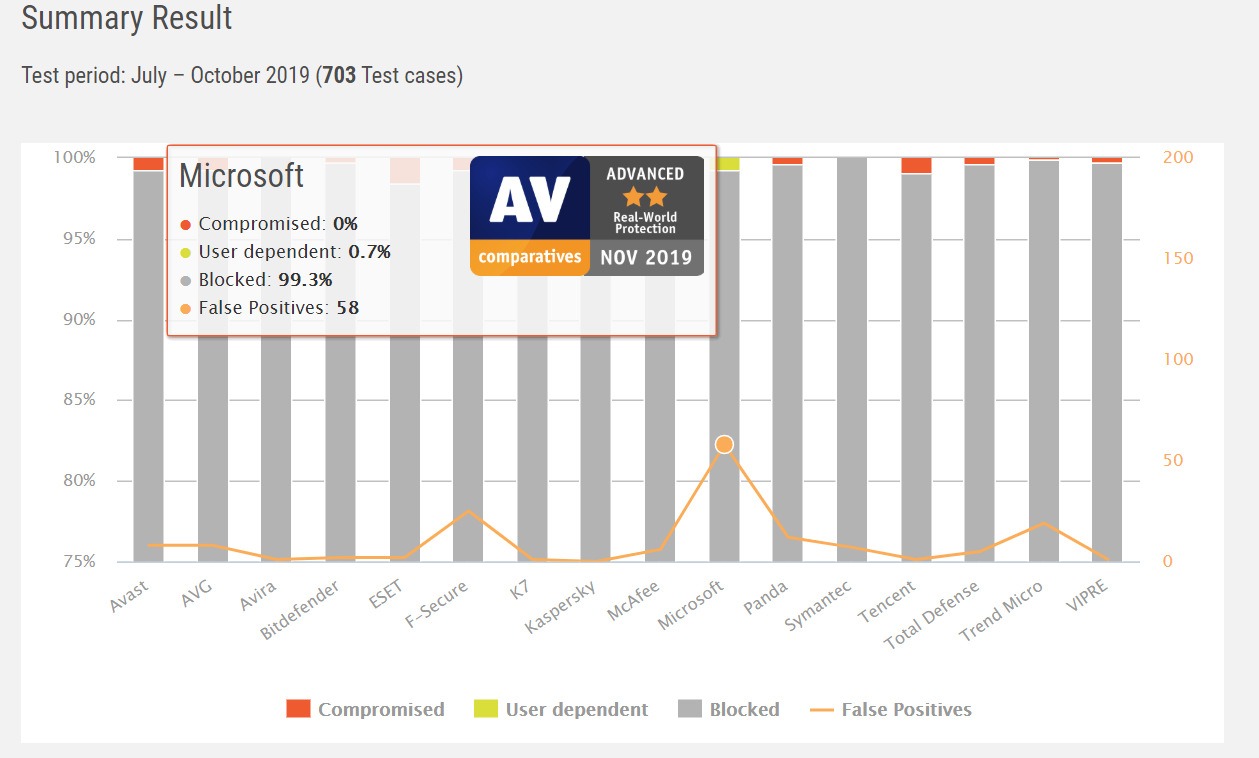
Looking at the real-world protection tests, the results are really very good, and crucially a solid improvement on the same results over last year. Windows Defender was this time just one of two antivirus software alongside Avira which do not compromise at all based on 703 test cases.
Windows Defender has continued its improvement in blocking “user-dependent” malware. So malware where Windows gives a warning to the user however still gives the option of executing it. Back in April 2018, the rate of user-dependent malware was 3.6%.
Then in July through November 2018, this drops down to an average of 0.8%, and now it’s improved just that little bit more to 0.7%
In compliance with AV Tests, Microsoft has registered vast improvements in avoiding false positives, however, it’s still labouring quite a long way behind the pack here.
Its 58 false positives are quite a big improvement on the 106 last year. However, it still detects more than double the number of false positives as the second-worst in this area. Better safe than sorry, we guess?
Much Better than It Used to Be
Small hiccups aside, historical data on both the test, AV-Test and AV-Comparatives shows a marked improvement in Windows Defender’s performance over the years.
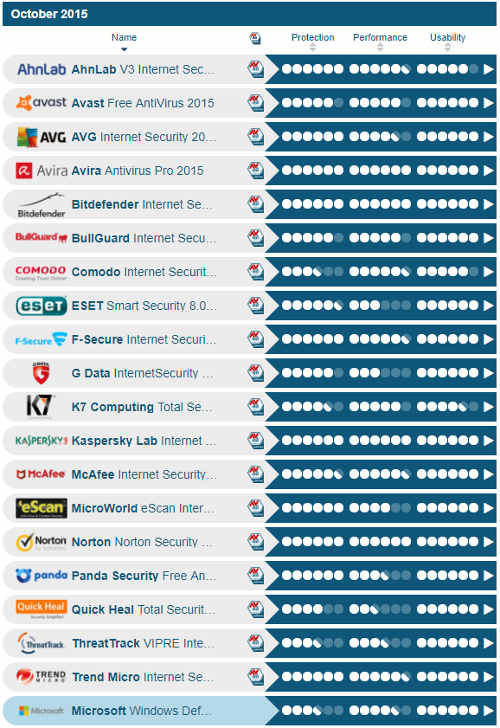
Windows Defender received the joint-lowest rating for Protection (3.5/6) back in October 2015, amounting to just 95% protection against 0-day malware attacks.
This was a quite alarming 80.5% in September 2015. The industry average at the time was 97.2%, so Windows Defender was decidedly trailing the pack.
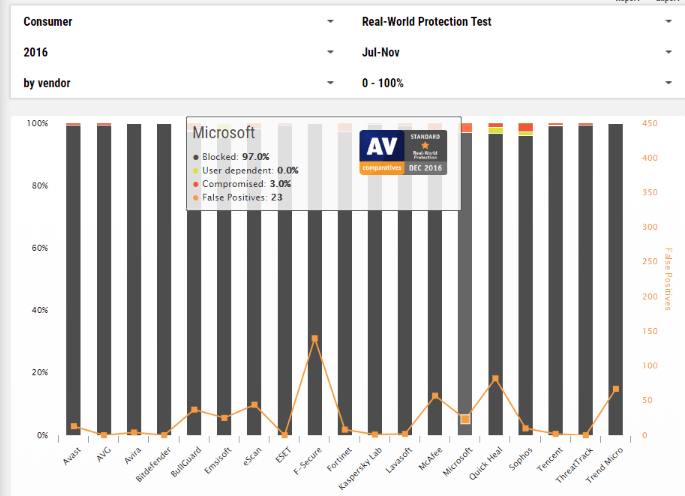
At AV-Comparatives, meanwhile, Windows Defender had a 3% compromise rate from July through November 2016. Given that it now has the rare achievement of not being compromised at all, this is a much impressive improvement.
The Verdict: It’s All You Need
Just a few years ago you’d have been laughed off for suggesting that it was enough for you to sit back and install no third-party AV software. Also, let Windows take care of defending your PC.
While we wouldn’t encourage self-approval, Windows Defender is now well-proven as a viable antivirus option unto itself.
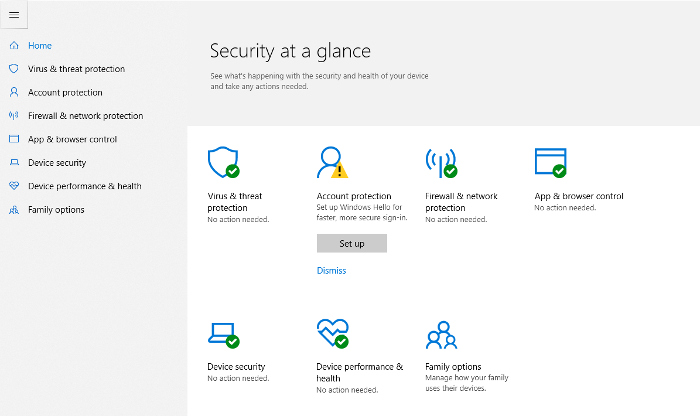
You can always be super-cautious and bolster Windows Defender with a good free antivirus like Avira, however with Windows Defender now ranking among the very best when it comes to security, then there probably isn’t much need.
The only way in which it seems to lag behind is in its speed/performance and false positives, which have no bearing on your security.
